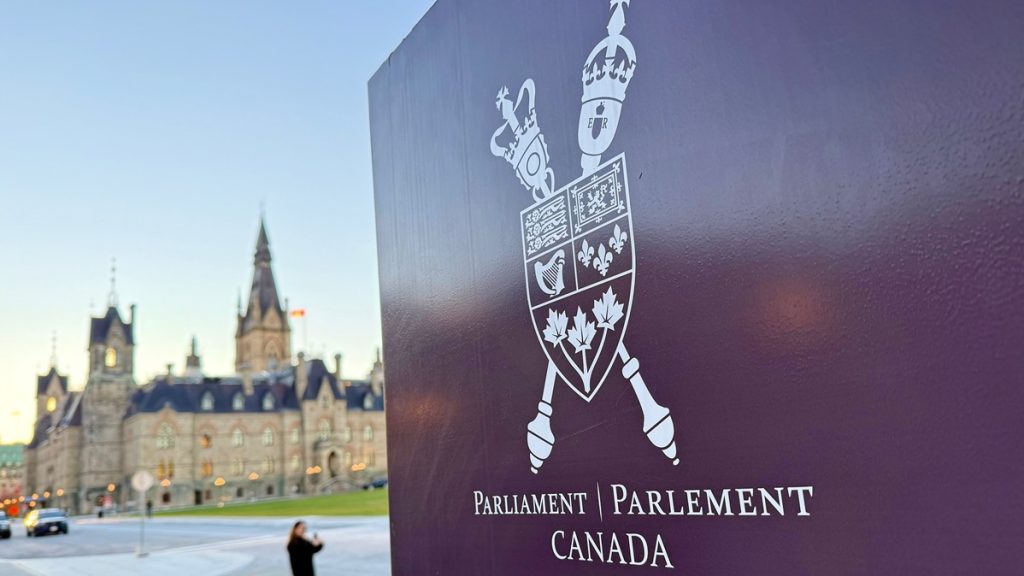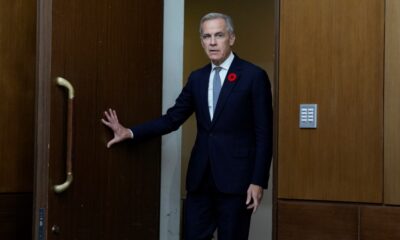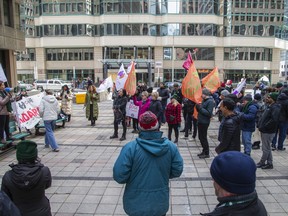Politics
Canada’s 2025 Budget Unveiling: High Stakes for Minority Government

Francois-Philippe Champagne, Canada’s Finance Minister, will present the federal budget for the 2025-2026 fiscal year on November 17, 2025, with significant implications for the country’s political landscape. The budget is particularly critical for the current minority government led by Prime Minister Mark Carney, as failure to secure majority support in the House of Commons could trigger a general election.
The budget serves as the government’s comprehensive plan for spending and outlines financial priorities, including funding for social policies and programs. Prior to its introduction, extensive consultations are conducted with Members of Parliament (MPs), ministers, government officials, and various stakeholders across Canada. As Brian Ernewein, a senior national tax advisor with KPMG Canada, noted, a careful selection process is necessary to narrow down proposals that align with the government’s overall themes and agenda.
In the previous budget presented in April 2024, the government outlined expenditures of $535 billion, which included $11.5 billion in new spending and projected a deficit of $39 billion. An updated economic statement released in December 2024 anticipated a larger deficit of $48 billion, a situation further complicated by the sudden resignation of former finance minister Chrystia Freeland.
The budget’s passage hinges on the support it receives from opposition parties. Under Canada’s parliamentary system, the budget is classified as a matter of “confidence.” If it does not secure majority approval in a confidence vote, the government is expected to resign or seek dissolution from the governor general. Historical precedents, such as the 1979 defeat of Prime Minister Joe Clark‘s minority government, underscore the importance of achieving bipartisan support.
Currently, the Liberal Party holds 169 seats in the House of Commons, just three short of a majority. To ensure the budget’s passage, the Carney administration must seek backing from at least three opposition MPs. If no support emerges from the opposition, at least six members would need to abstain or be absent for the budget to pass. The introduction of electronic voting has made it more challenging to justify an absence during key votes.
The budget process begins with the tabling of the budget, which will be followed by a speech from Champagne outlining the document’s broad themes and decisions. Parliamentary procedures stipulate a four-day debate period following the budget’s introduction. The scheduled debate days are November 5, 6, 7, and 17, with the House recessing for Remembrance Day during the week of November 10.
As the budget speech approaches, anticipation builds among Canadians and political analysts alike. Extended coverage will be provided by CityNews, with insights available on various platforms, including citynews.ca and local news radio affiliates.
The stakes are high as the Carney government navigates the complexities of fiscal planning in a minority parliament, aiming to secure financial stability while avoiding the uncertainties of an election.
-

 World4 months ago
World4 months agoScientists Unearth Ancient Antarctic Ice to Unlock Climate Secrets
-

 Entertainment4 months ago
Entertainment4 months agoTrump and McCormick to Announce $70 Billion Energy Investments
-

 Lifestyle4 months ago
Lifestyle4 months agoTransLink Launches Food Truck Program to Boost Revenue in Vancouver
-

 Science4 months ago
Science4 months agoFour Astronauts Return to Earth After International Space Station Mission
-

 Technology2 months ago
Technology2 months agoApple Notes Enhances Functionality with Markdown Support in macOS 26
-

 Top Stories3 weeks ago
Top Stories3 weeks agoUrgent Update: Fatal Crash on Highway 99 Claims Life of Pitt Meadows Man
-

 Sports4 months ago
Sports4 months agoSearch Underway for Missing Hunter Amid Hokkaido Bear Emergency
-

 Politics3 months ago
Politics3 months agoUkrainian Tennis Star Elina Svitolina Faces Death Threats Online
-

 Politics4 months ago
Politics4 months agoCarney Engages First Nations Leaders at Development Law Summit
-

 Technology4 months ago
Technology4 months agoFrosthaven Launches Early Access on July 31, 2025
-

 Top Stories2 weeks ago
Top Stories2 weeks agoFamily Remembers Beverley Rowbotham 25 Years After Murder
-

 Top Stories4 days ago
Top Stories4 days agoBlake Snell’s Frustration Ignites Toronto Blue Jays Fan Fury





















